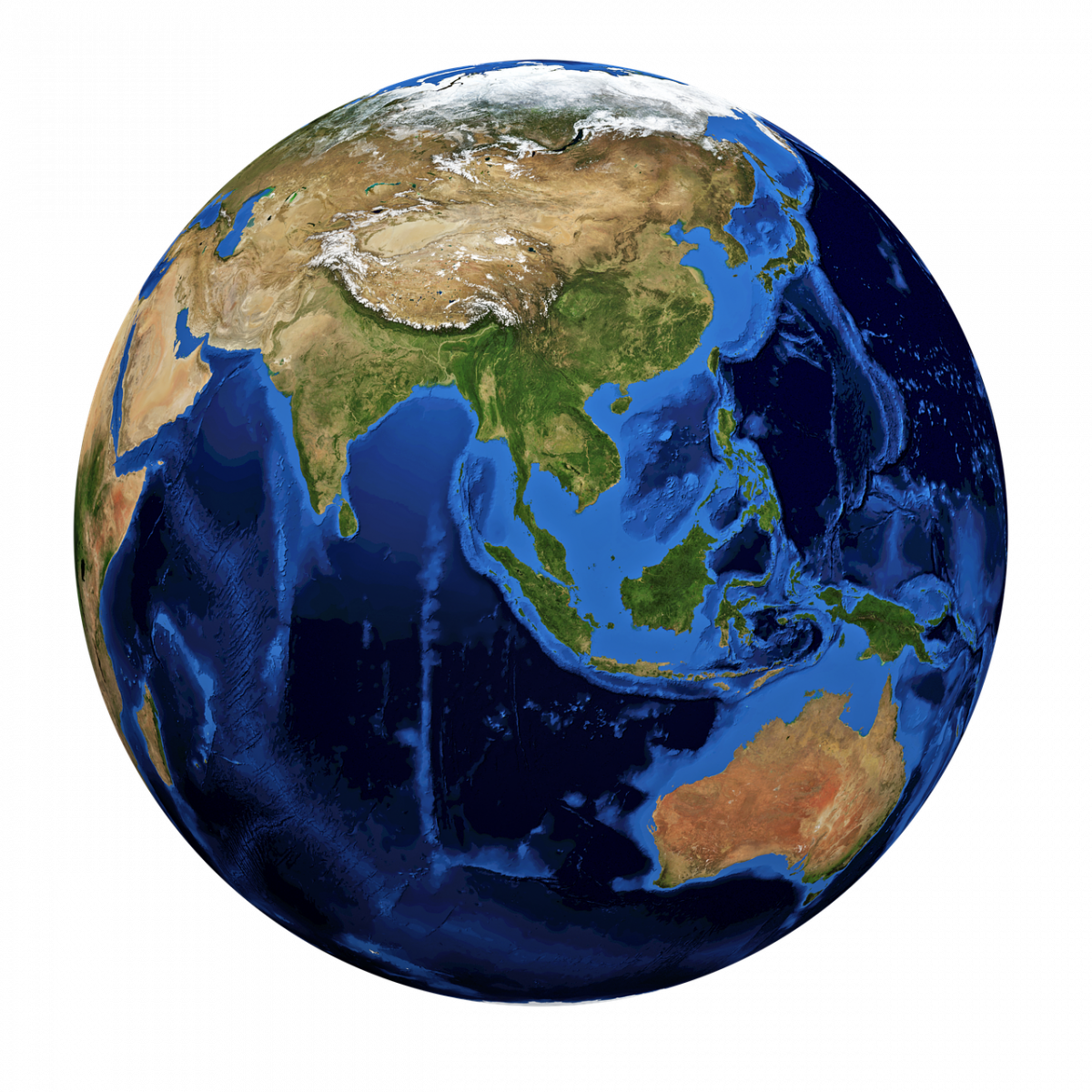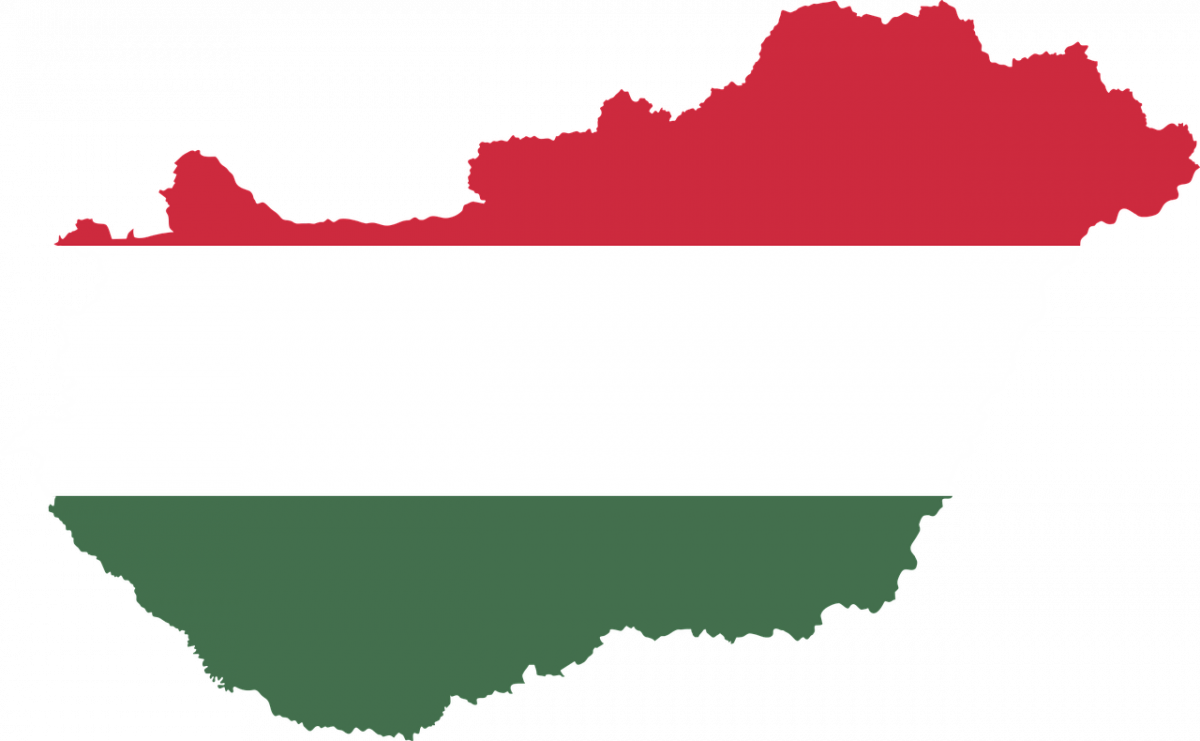Great power politics is often played out in a proxy state like those found in Central Asia. Despite decades of Soviet influence in the region, Kazakhstan’s President Kassym-Jomart Tokayev, last week shared his new strategic vision for his country’s future. He described it as free of the “dependence on raw materials, low labor productivity, insufficient levels of innovation, and uneven distribution of income” plaguing the nation. This year’s stagnant economic performance pushed Tokayev to turn away from Russia to fulfill its economic needs and to strengthen its “multi-vector” foreign policy. This fall he is looking eastward to China as an alternative to his country’s Russian partners. The path for China in Central Asia is filled with obstacles.
Since Kazakhstan’s mass protests in early 2022, officials in Astana have sought measures to deal with the effects of Western sanctions on Russia. Last week, on September 28, Tokayev declared his country will “unambiguously… follow the sanctions regime” against Russia. Berikbol Dukeyev, writing in the Eurasia Daily Monitor, says that despite attempts by the current administration in Astana to distinguish itself from the previous economic and foreign policy failures of the country’s former leader, Nursultan Nazarbayev, Kazakhstan has limited options. Tokayev, it appears, has chosen to pivot to China. Earlier this year in May he held a number of talks with Chinese Communist Party (CCP) leader Xi Jinping and signed several agreements intended to dramatically boost economic relations by intensifying bilateral cooperation in trade, energy, and agriculture, among other fields.
Beijing seized the opportunity to fill the power vacuum left by a weakened Russian state still at war in Ukraine. Kazakhstan, however, still maintains extensive economic and political ties to Moscow. In January, the Russian publication Kommersant claimed that the intervention of the Russian-led Collective Security Treaty Organization (CSTO) is responsible for strengthening Tokayev’s control over the country and that he is beholden to Moscow. Tokayev is fighting back.
“In July 2023, China officially became Kazakhstan’s top trade partner, accounting for 19.2 percent of all Kazakhstani trade,” according to Dukeyev. In recent public polling, Kazakhstani citizens expressed a sharp increase in negative attitudes toward Moscow, rising from four percent in 2019 to 19 percent in September 2023. It is due in part to the social unease in Kazakhstan, he says, from the recent influx of military-age Russian men fleeing the “partial mobilization” and economic struggles due to the war in Ukraine.
Russia retaliated against Kazakhstan several times for its moves toward China by blocking the flow of oil to punish the leadership in Astana and the general population. Kazakhstan responded to Putin by purchasing two oil tankers to bypass Russia and export its oil to Europe through Georgia and Azerbaijan.
Tokayev then lobbied Chinese investors at an economic summit in Xian, China, citing his nation’s economic reform agenda and diversification as reasons for China to increase bilateral trade with the Central Asian state. In May the two countries signed a $22 billion trade agreement. According to the Kazakhstani publication Akorda, Beijing and Astana planned to increase bilateral trade from $31 billion to $40 billion in the coming years. Last month the Astani publication Kursiv.kz reported that increased cooperation with China also increased demand in the country for specialists with Mandarin-speaking skills.
The road through Central Asia to Europe is not a smooth one for China despite the pivot. Beijing’s Belt and Road Initiative, once expected to bring prosperity to the Central Asian region has been hampered by multiple project failures, according to Dukeyev. That has dulled the population’s positive attitude toward Beijing. Xi Jinping also faces accusations that China’s projects are plagued by charges of corruption and smuggling. The Khorgos dry port and special economic zone in Kazakhstan, once a touted
s a promising trade hub for shipping Chinese goods to Europe, has failed to achieve its goals. Other scandals involving Chinese and Kazakhstani officials include the postponed Chinese light rail train project. Its completion date is now delayed until at least 2025, according to Astani officials.
“The need to boost economic ties with China has influenced Kazakhstan’s delicate approach to allow expanded Chinese usage of the trans-boundary Ile River. The basin contributes about 70 percent of the water inflow into Kazakhstan’s Balkhash Lake. Recent discussions on building a nuclear power plant on the lake’s shoreline highlighted that its water levels are dropping due to China’s increase land development and expansion of the rice fields in the Xinjiang Uyghur Autonomous Region,” says Dukeyev. The Tokayev administration has promised a nationwide referendum on the proposed nuclear power plant, although it has not directly criticized Beijing.
China also faces worries from the general population in Kazakhstan due to its recently proposed 30-day visa-free travel plan. Public sentiment in the country is responding to fears that a large influx of Chinese nationals in a tough job market will hurt the citizenry. Dukeyev says that the legal status of dual Kazakhstani-Chinese citizens is in question, too. Some of those living in China have been prosecuted and sent to Chinese “re-education camps.”
Beijing is making inroads in Central Asia, but there is a lack of popular support for its failing economic projects. The Tokayev administration is faced simultaneously with a battle to gain legitimacy at home by balancing between cooperation with Beijing and capitalizing on Russian weakness. Although China is gaining a foothold in Central Asia, it is a tenuous one that could falter at any time.
Daria Novak served in the U.S. State Dept.
Illustration: Pixabay




